For nearly 200 years, Mount Holyoke faculty have educated students to meet the future with confidence. We have done this by emphasizing disciplinary depth, intellectual breadth, and robust critical thinking skills for all our students. This long tradition of bringing thoughtful reflection to our work is what makes MHC faculty among the very best in the country.
Getting Started with Assessment
Learn about the process of assessment and why it is important. Request an assessment consult.
Learning Goals at Mount Holyoke College
Mount Holyoke offers its students a compelling invitation to embrace complexity, cultivate curiosity, and nourish habits of lifelong learning.
Backward Design
A student-centered practice that flips the way we think about major, program, and course design.
Evidence of Student Learning
Start with learning goals, then locate the right evidence, get together, evaluate, and close the loop!
Grading vs. Assessment
Understand the differences between grading (providing many outcomes for one student) and assessment (one outcome for many students).
Department Level Assessment
Department Learning Goals
The design of an assessment process should be driven by what is most important to the faculty in that department.
Curriculum Mapping
Helps answer questions about coverage of core competencies/concepts and also provides a framework for the department moving forward.
Department Level Assessment Planning
Details how your department or program will tackle all four steps of the assessment process.
Course Level Assessment
Course Level Learning Goals
Learn the definitions of goals, objectives and outcomes and how to make the most of them.
Course Level Assessment Plans
Plans helps faculty know what students have learned in their course. The goal is to then “close the loop,” using that knowledge to improve the course.
Mid-Semester Evaluation
Guidelines and templates for providing students with a chance to voice their experience in your course.
Rubrics
Discover reasons to use rubrics and how to share them with students. Access rubric examples.

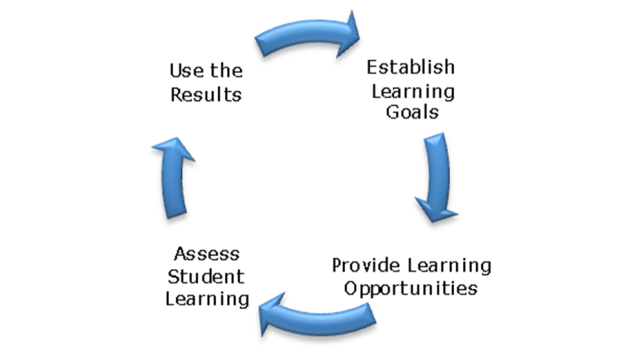

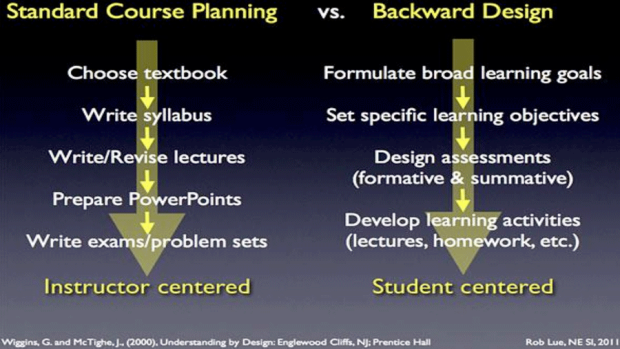


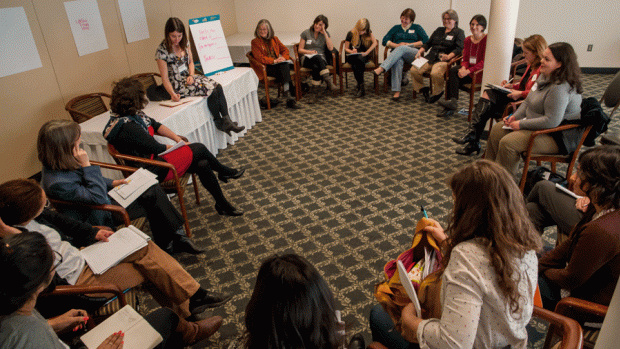
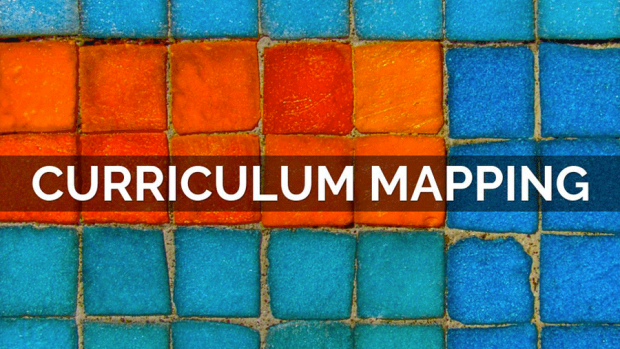
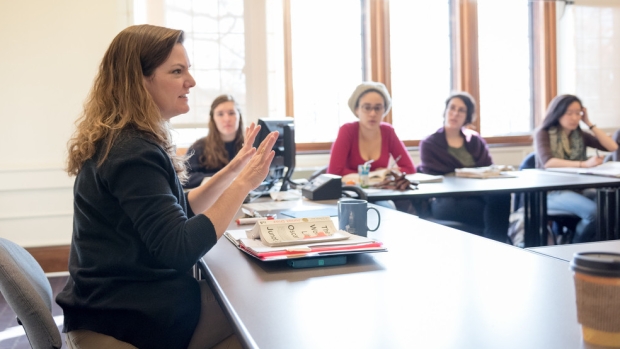
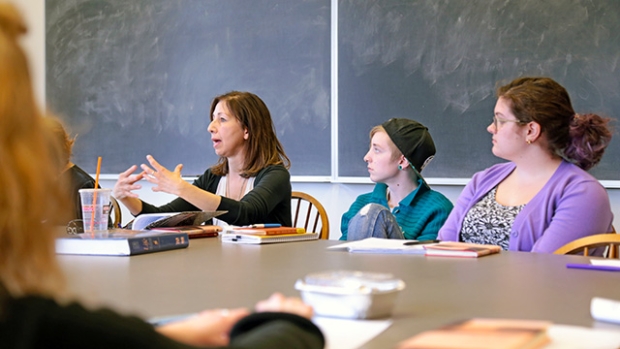

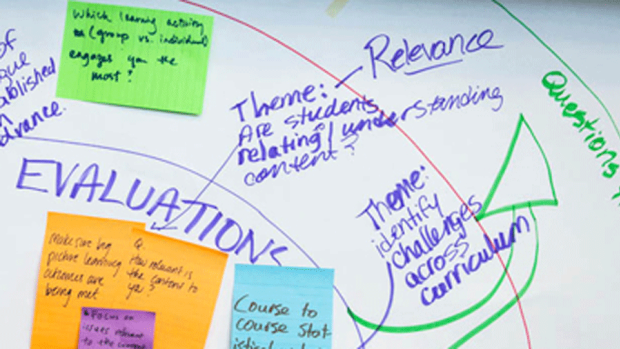


Explore the MHC Social Universe >